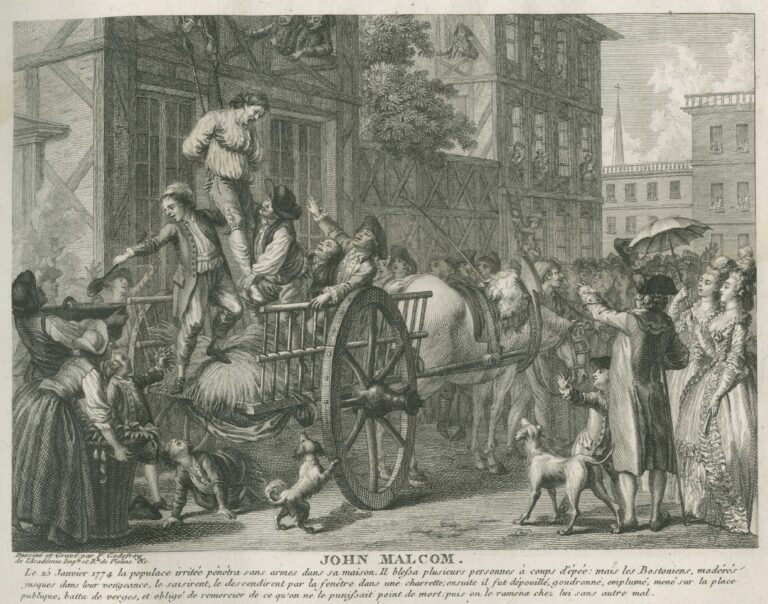
How did people interpret the events of the American Revolution in the eighteenth and nineteenth centuries? How did the meaning of the Revolution change over time? In what ways has the Revolution meant different things to different people at any given time?
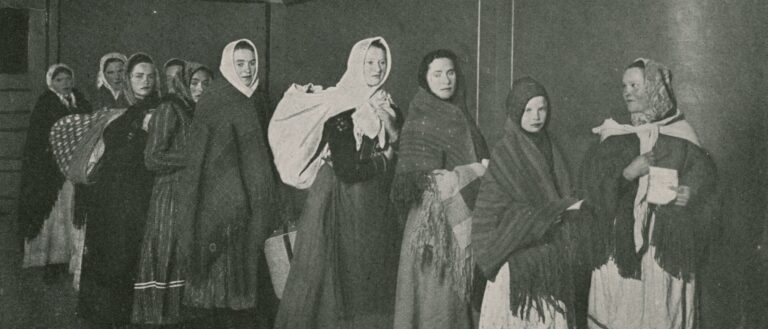
What role has immigration played in the formation of America’s national identity and ideals? How have Americans understood and debated the social effects of immigration? How have immigrants portrayed their experiences and contributed to these debates themselves?
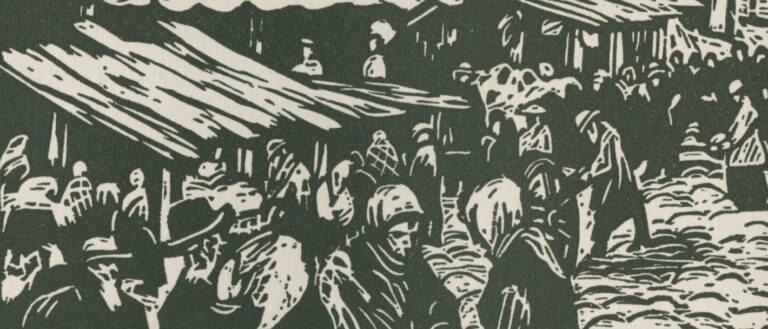
In 1870, three-quarters of the United States lived in rural areas; by 1920, over half the nation lived in cities. How, if at all, did religious communities change their inherited traditions in the midst of new surroundings?
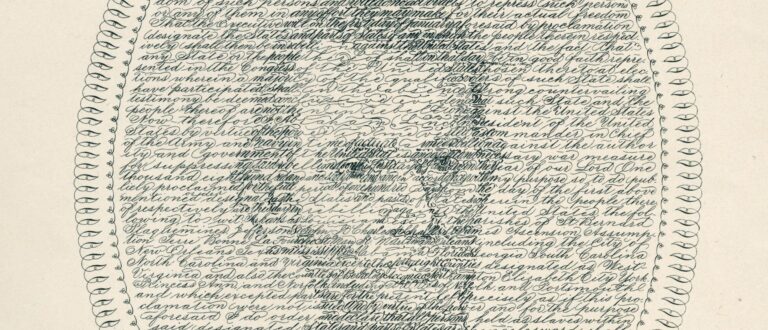
What were Lincoln's arguments against slavery? What distinctions did Lincoln and other white Northerners draw between ending the institution of slavery, saving the Union, and achieving racial equality? What feelings and concerns did writers and artists—both white and African American—express about the consequences of emancipation?
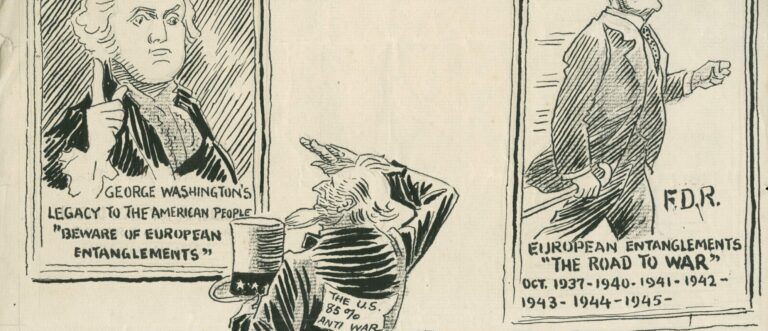
What reasons do writers and politicians give for protesting the authority of the federal government? Why do they perceive the State as a threat? How has anti-statist thought changed over time?
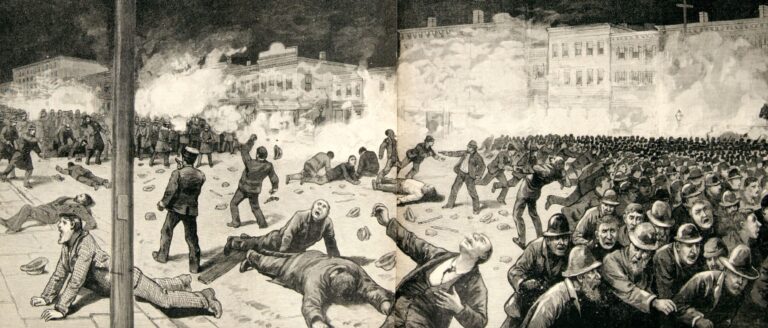
What forms has dissent taken in U.S. history? What is the role of dissent in a representative democracy?
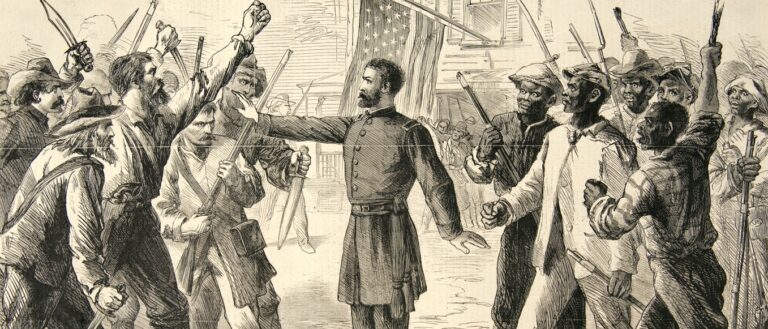
What arguments did writers make before the Civil War for the abolition of slavery? How did they frame their appeals in moral, social, political, and economic terms? How did the war’s purpose shift from “saving the union” to destroying slavery? What would freedom mean for former slaves, for Southern society, and for the nation as a whole, according to various writers both before and after the war?









